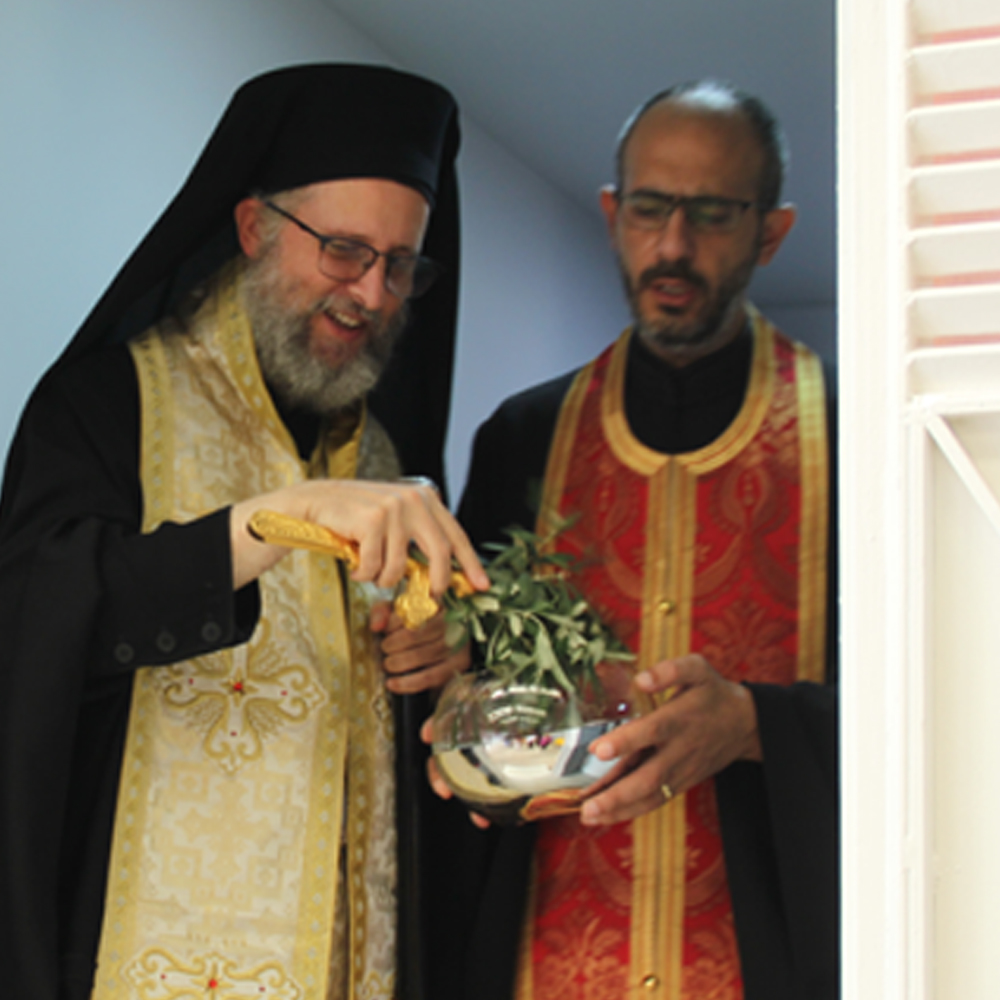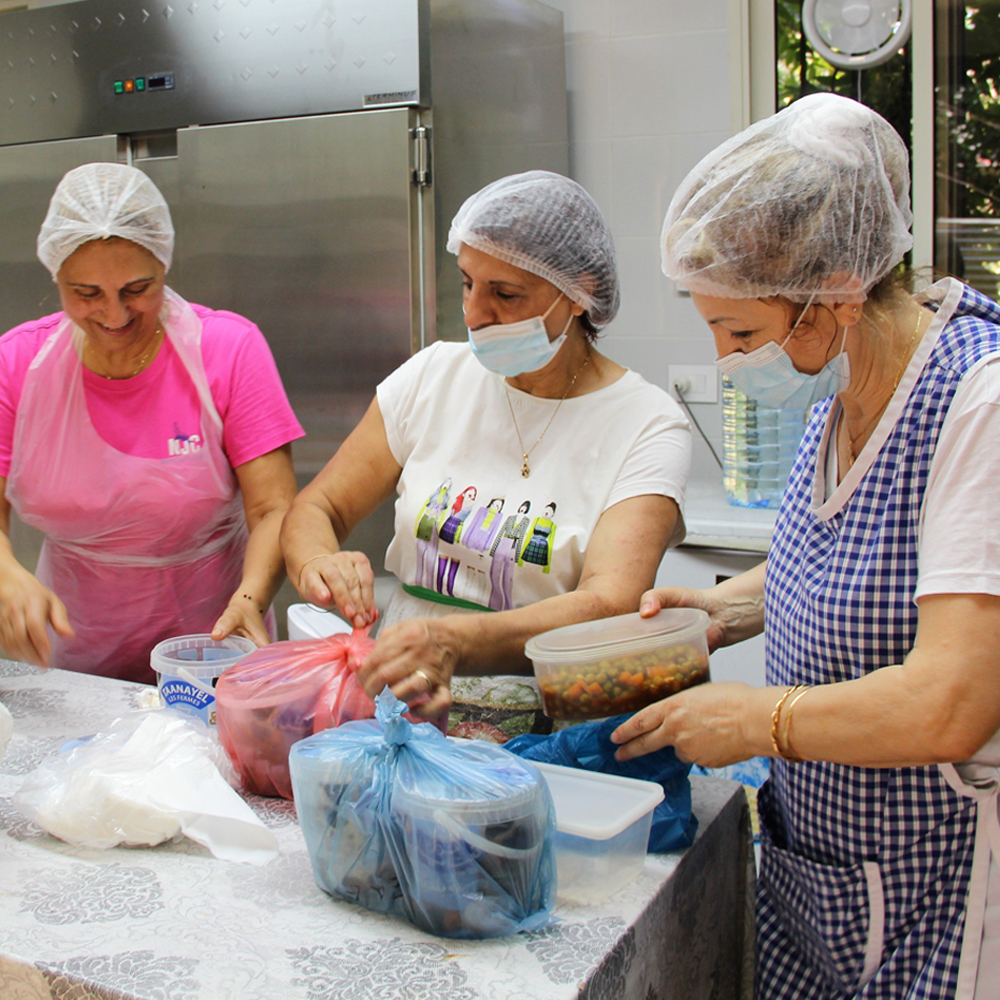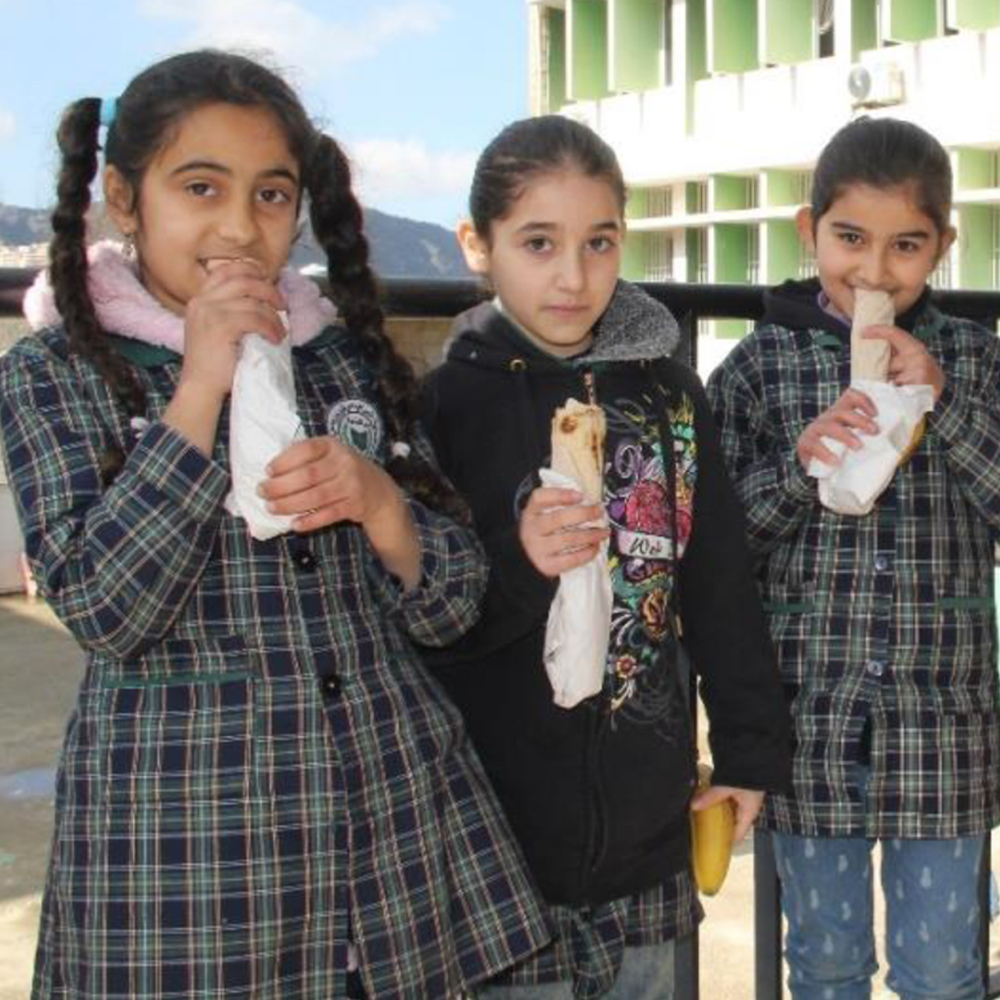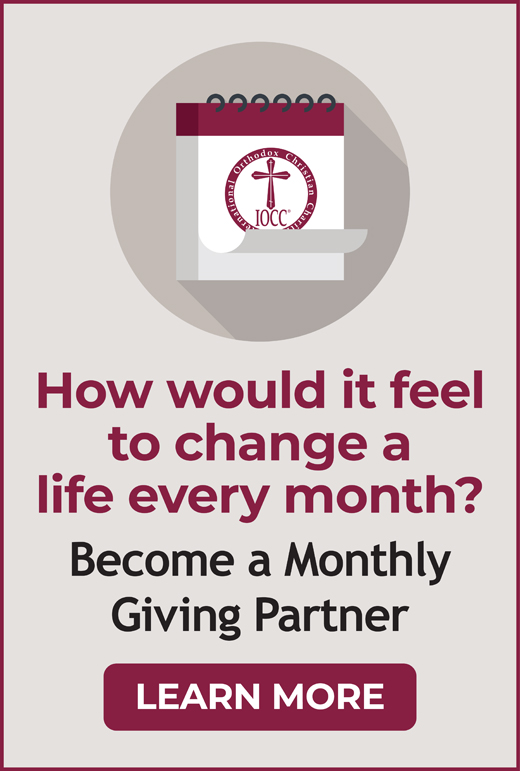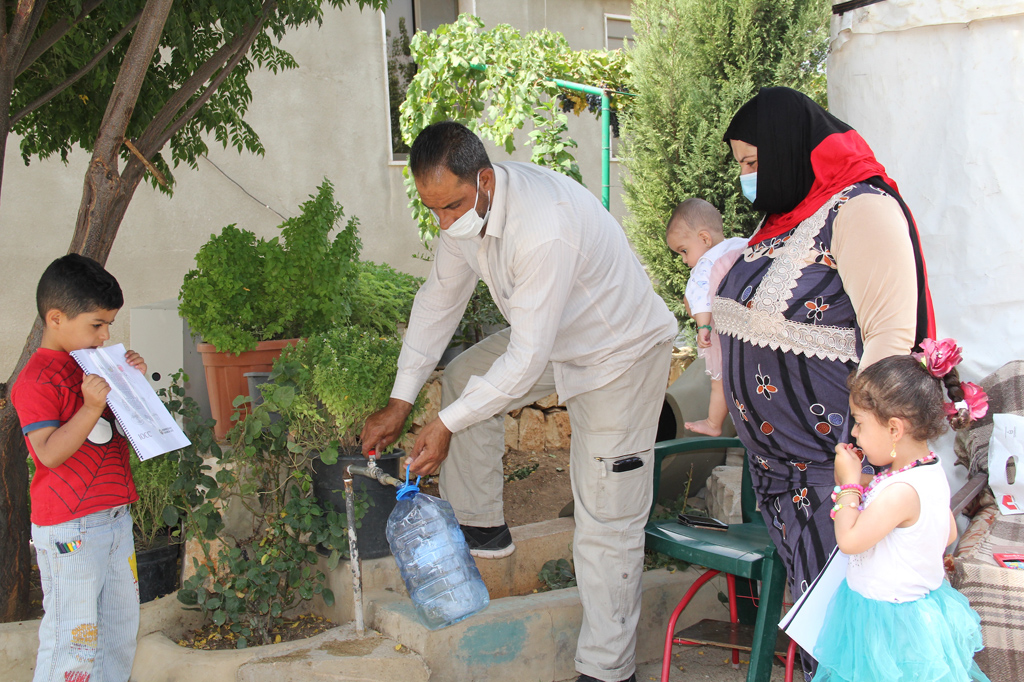
Hassan is a Syrian refugee who moved his family to Lebanon seeking a better life. Among the many challenges they faced in this upheaval, though, was a shortage of safe water in the area where they live.
In many parts of Lebanon, the water infrastructure isn’t robust enough to meet the needs of communities made up of both Lebanese and refugee residents. This means that the only way to get water for drinking and cooking is to buy it. This wasn’t an option for Hassan. He explained that he simply couldn’t afford to buy potable water for his family, so they had been using water from an old well near their tent. And because it wasn’t safe, this water caused multiple health problems for Hassan and others in his family.
In Lebanon, IOCC has partnered with Norwegian Church Aid to improve access to safe water for hundreds of families. In Hassan’s area, and in several villages in north Lebanon and the Bekaa regions, IOCC recently equipped and connected a borehole to a newly built 700 cubic meter communal reservoir—and then to local households.
With this upgraded infrastructure, Hassan and his family can now quench their thirst without worrying that the water—that most basic human need—will make them sick. “We’re getting enough safe water,” he said, “and we haven’t had any health problems; we’re all in good health.”


